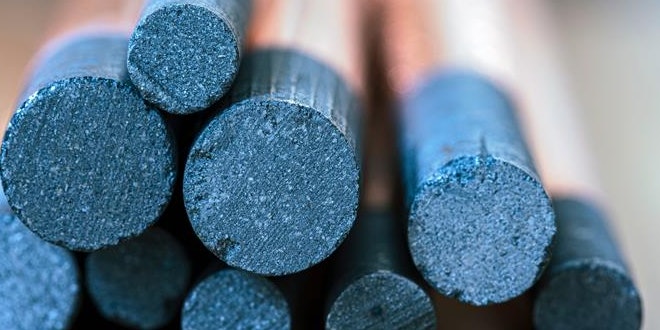The new rare earth export controls pose major risks for a range of strategic sectors such as energy, defence and semiconductors
On 9 October 2025, the Ministry of Commerce of China announced further export controls on rare earth elements and related products, equipment and technologies. The new controls require foreign companies to obtain a license from China to export “parts, components and assemblies” containing Chinese-sourced rare earth materials or produced using Chinese rare earth technologies. The rule was applied with immediate effect to products made in China. However, from 1 December 2025, the controls will be escalated to include “internationally made” products containing Chinese-sourced materials 1 or manufactured using Chinese technologies, even if they are traded domestically.
The inclusion of “parts, components and assemblies”, beyond the previous isolated controls on select rare earth magnets and materials, could have a dramatic impact on global supply chains, as many strategic sectors rely on products and components containing the controlled Chinese rare earth elements. These sectors include energy, automotive, defence, semiconductors, aerospace, industrial motors and AI data centres.
Moreover, the list of rare earth elements subject to controls has been expanded to include five additional elements – holmium, erbium, thulium, europium and ytterbium – on top of the seven elements initially restricted in April, with the new measures taking effect from 8 November. The inclusion of holmium is particularly significant, as many permanent magnet makers have been revising their approach to replace the previously restricted rare earths with holmium since April 2025. New controls were also announced on a wide range of equipment for processing rare earths, including for milling, separation, and refining – also effective from 8 November.
These new export controls are a marked escalation of the restrictions on rare earths. In addition to energy technologies, defence and semiconductor supply chains could be particularly affected if export licences for components containing rare earth elements are delayed or denied.
In 2024, China exported 58 000 tonnes of rare earth magnets – enough to manufacture components to make millions of cars, industrial motors or aircraft – or to build thousands of strategic military systems, data centres or wind turbines. Prolonged delays or denials in licensing could threaten revenues, competitiveness and employment for global industrial value chains.
The export controls could also significantly undermine international efforts to diversify rare earth supply chains and scale up strategic manufacturing. The new restrictions on equipment for processing rare earths risk constraining the ability of emerging projects to refine raw materials and produce permanent magnets. This could introduce major operational hurdles for nascent industrial ecosystems, resulting in slower development and increased vulnerability to supply shocks.

